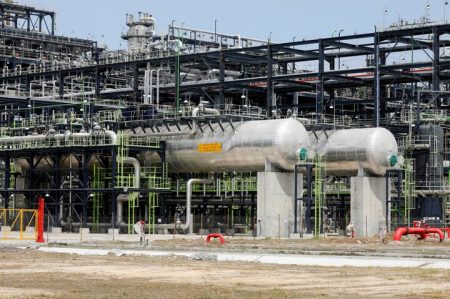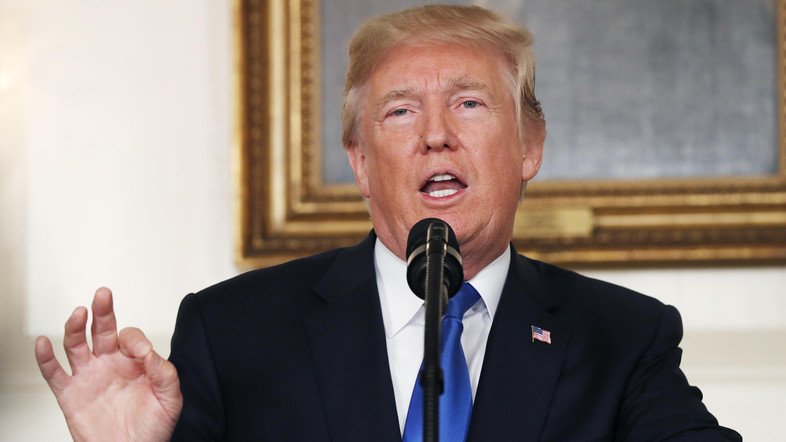 Moscow — Russian state energy company Rosneft said on Monday it plans to pay a dividend on its nine-month results, the first such payment in its history, which is expected to total 216 billion roubles ($3.6 billion) and to boost the nation’s budget.
Moscow — Russian state energy company Rosneft said on Monday it plans to pay a dividend on its nine-month results, the first such payment in its history, which is expected to total 216 billion roubles ($3.6 billion) and to boost the nation’s budget.
The importance of dividends by state companies, including Rosneft and Gazprom, as a source of revenues has increased after Western sanctions shut down nearly all external funding options, placed exports under pressure and drove away foreign investors.
The Russian budget is set to post a 1.3 trillion roubles deficit this year, or 0.9% of the gross domestic product (GDP), after initially projecting a surplus.
On Monday, Rosneft, one of the biggest oil-producing companies globally, which is headed by Igor Sechin, a close ally of President Vladimir Putin, said its board recommended paying 20.39 roubles per share in nine-month dividends.
The dividend proposal should be paid early next year following approval at a shareholder meeting, Rosneft said in a regulatory filling disclosed on Monday. Reuters calculations found the payout would be 216 billion roubles.
In reply to a Reuters request, Rosneft said the board had recommended paying the nine-month dividend as 50% of net profits earned in the first six months, declining further comments.
Previously, the company paid dividends either annually or twice a year on its six-month results.
In January-October, the budget showed a surplus of 128.4 billion roubles, reflecting a one-off mineral extraction tax (MET) on Gazprom. To meet the 1.25 trillion roubles in MET hike, Gazprom cancelled dividends for first time since 1998.
In October, the finance ministry started to spend its National Wealth Fund to meet social obligations and cover payouts Moscow promised to the reservists called up for what it calls a ‘special military operation’ in Ukraine.
Next year, the finance ministry forecasts the deficit will double to 3 trillion roubles, or 2% of GDP, and analysts say the gap could be up to 4.5 trillion roubles.
Reporting by Reuters; editing by Barbara Lewis – Reuters
Follow us on twitter



